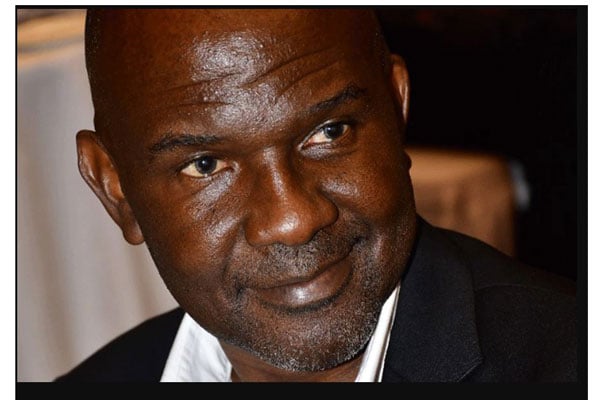Are we fighting social injustice?

Brian B. Mukalazi
What you need to know:
- Article 2 of the UN Universal Declaration of Human Rights states: “Everyone is entitled to all the rights and freedoms set forth in this Declaration, without distinction of any kind, such as race, colour, sex, language, religion, political or other opinion, national or social origin, property, birth or other status.
My stomach hurts. My neck hurts. Everything hurts…[I need] water or something. Please. Please. I can’t breathe, officer.... I cannot breathe”.
These were some of last words George Floyd, who died on May 25, as a white Minneapolis city police officer appeared to pin him down with his knee to the neck in the US state of Minnesota. The horrifying incident was captured on video and later made rounds of social media.
Similar cases of racial abuse (perhaps of not such brutality) have also been reported in other parts of the world, including China and Europe. In European football, racial abuse and discrimination against Black players has come the limelight in the recent footballing seasons.
Besides racial discrimination, other forms of social injustice like unfair labour practices, discrimination due to gender, ethnicity or age, have also been on the rise in recent times.
In South Africa, there has been a wave of violent xenophobic attacks against refugees, migrants and asylum seekers, most of whom are from other African countries. According to the African Centre for Migration & Society, between 1994 and 2018, xenophobic incidents resulted in 309 deaths; 901 physical assaults, and more than 100,000 people displaced.
Uganda has also not been spared. The Uganda Police Annual Crime Report (2019) revealed that of the 215,224 cases reported in 2019, 13,682 (6 per cent) were defilement cases, 55,704 (26 per cent) theft cases, 1,528 (0.7 percent) rape 13,693 (6 percent) domestic violence cases while 4,718 (2 percent) murder cases.
In 2014, the Global Peace Index revealed that the world had become less peaceful every year since 2008. It is difficult to define clear causes of the upsurge in global violence but I would want to believe that it is mostly due to the unequal government regulation involving laws and regulations that intentionally or unintentionally create conditions that obstruct, limit, or deny certain groups equitable access to the same opportunities and resources available to the rest of society.
The consequences of social injustices are dire and the related conflicts have often resulted in tremendous amounts of suffering and grave violations of human rights, especially the fundamental right to life.
The UN High Commissioner for Human Rights once noted: “Human rights violations are among the root causes of every form of insecurity and instability. Failure to ensure good governance, the equitable rule of law and inclusive social justice and development can trigger conflict, as well as economic, political and social turmoil”.
Article 2 of the UN Universal Declaration of Human Rights states: “Everyone is entitled to all the rights and freedoms set forth in this Declaration, without distinction of any kind, such as race, colour, sex, language, religion, political or other opinion, national or social origin, property, birth or other status.
Furthermore, no distinction shall be made on the basis of the political, jurisdictional or international status of the country or territory to which a person belongs, whether it be independent, trust, non-self-governing or under any other limitation of sovereignty”.
One of the best ways to prevent societies from descending into crisis is to ensure that they are resilient through investment in inclusive and sustainable development. Countries should prioritise addressing inequalities and exclusion, making institutions more inclusive, and ensuring that development strategies are risk-informed.
In the words of Dr Martin Luther King: “Injustice anywhere is a threat to justice everywhere. We are caught in an inescapable network of mutuality, tied in a single garment of destiny. Whatever affects one directly, affects all indirectly.”




